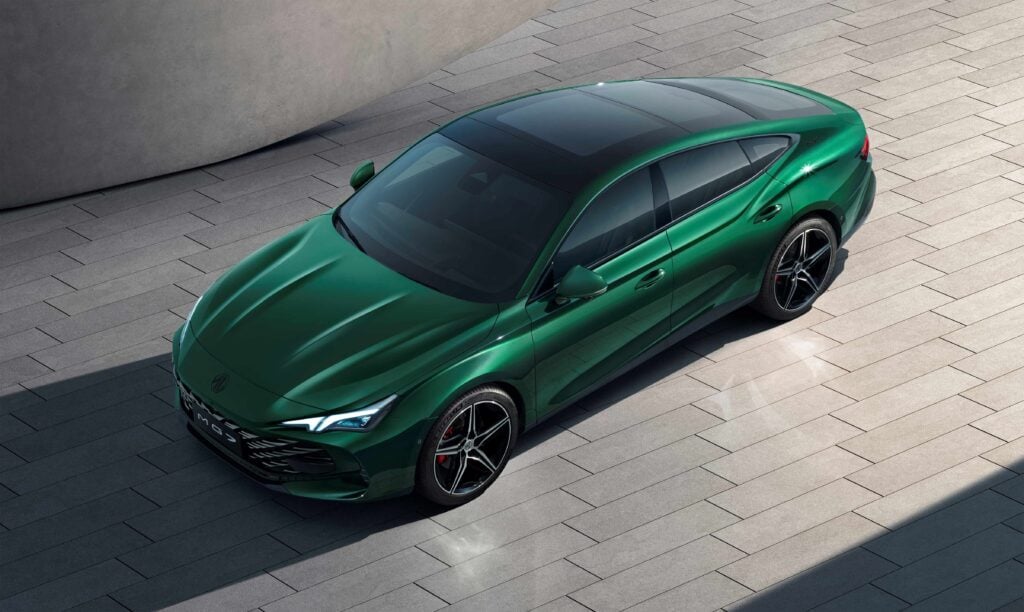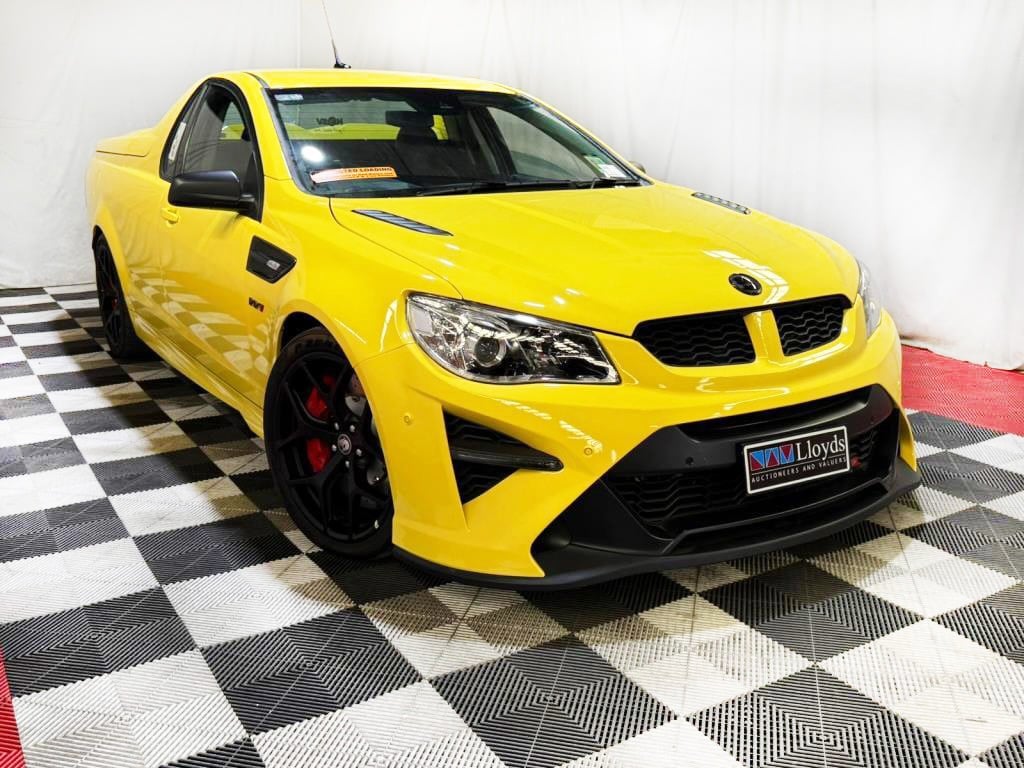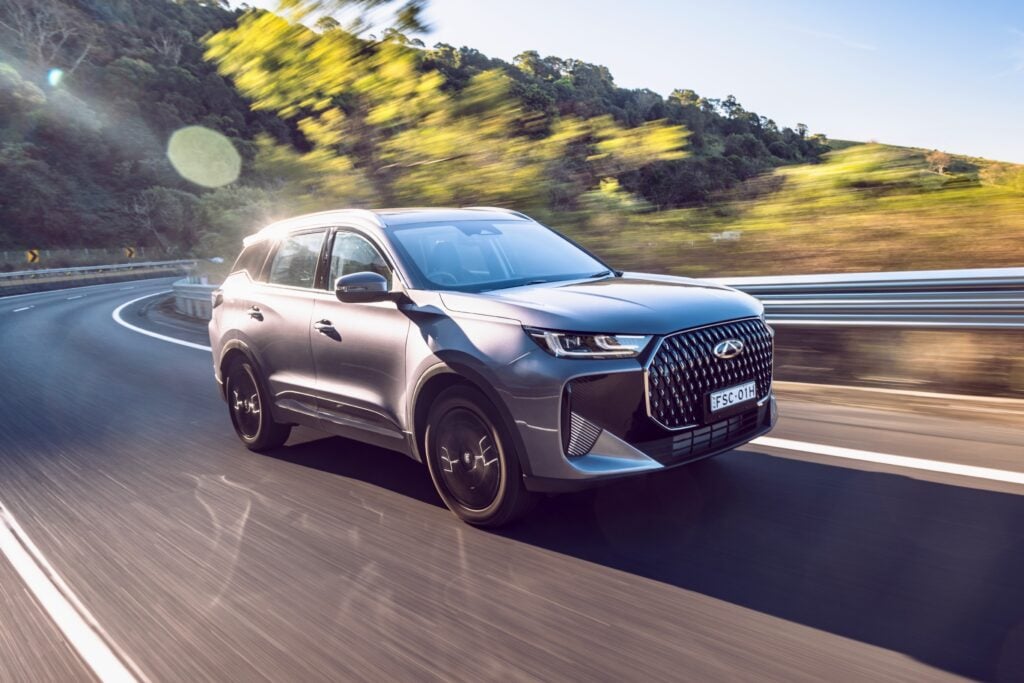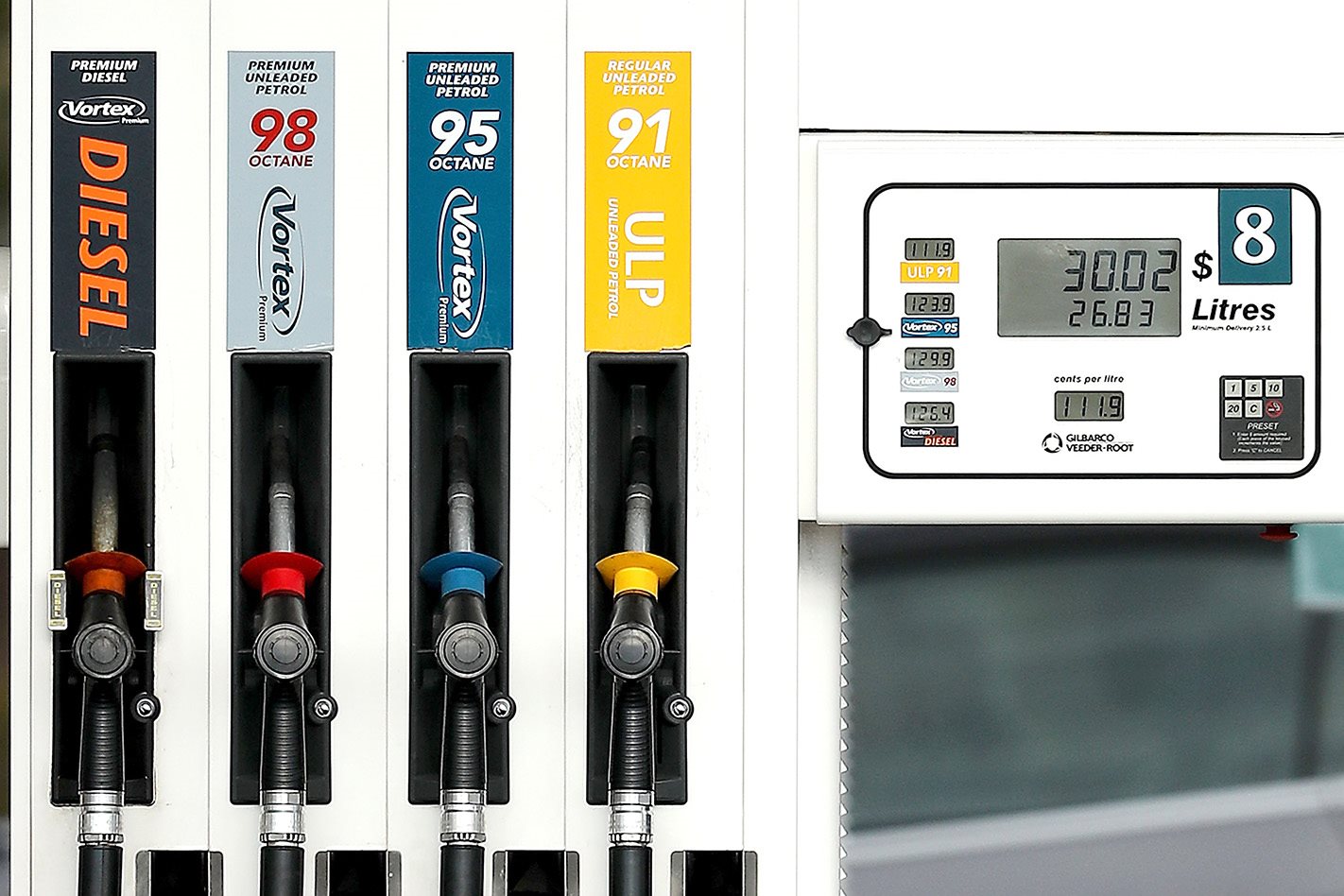
Almost half of Australians are in favour of banning petrol and diesel cars by 2035, according to a new survey.
Surveyed for EV brand Polestar, a global study of 18,000 people took in responses from buyers across Australia (1000 people, considered a statistically valid sample size) as well as Europe, Asia Pacific and North America, found that 34 per cent of consumers support an internal combustion engine ban (ICE) by the end of the decade.
That number rises to 47 per cent by the slightly later date of 2035, and 48 per cent in Australia specifically.
Polestar doesn’t specify the lifestyles of its Australian respondents, but the results suggest a mostly urban spread.
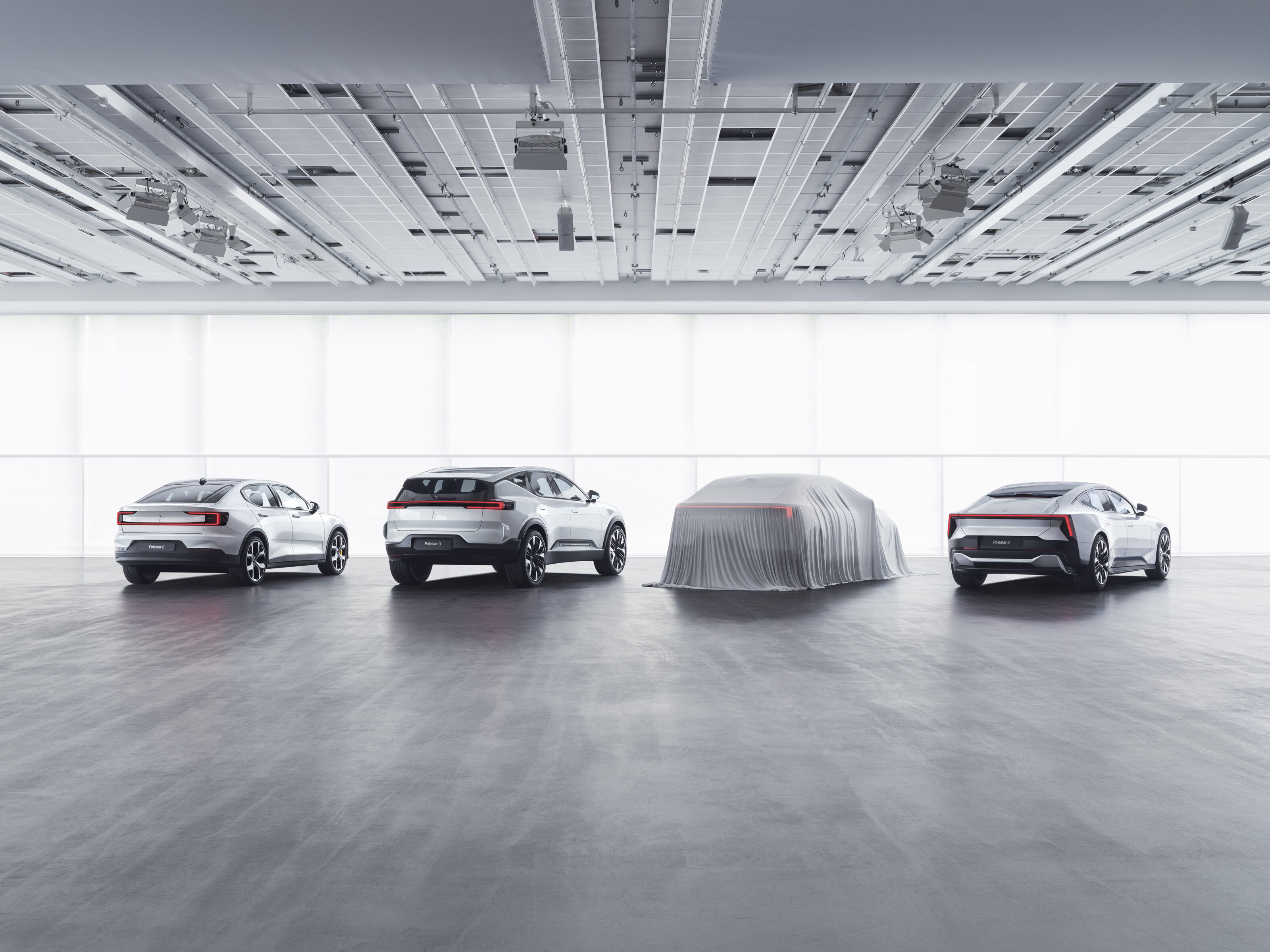
Could Australia ever really consider any sort of ban on combustion-engined vehicle sales?
At present, Australia doesn’t have a timeframe in mind for stopping ICE sales, though the ACT has set its own goal of 2035.
Following Labor’s election in May, Australia committed to a 43 per cent reduction of greenhouse gas emissions by 2030 below 2005 levels, but as year does not have a legalised fuel-efficiency standard for cars – this month it has launched a consultation to rectify that.
Head of Polestar Australia, Samantha Johnson, acknowledged Australia has a long way to go to meet its target of achieving net-zero by 2050, but the Government’s recent passing of the Climate Change Bill signals a new direction.
“With the introduction of the Bill, Australia will have more certainty, more transparency, and a clearer path to emissions reduction,” she said. “A low emission vehicle strategy is the obvious next step, and we welcome the opportunity to help shape that strategy with the release of the Government’s discussion paper later this month.”
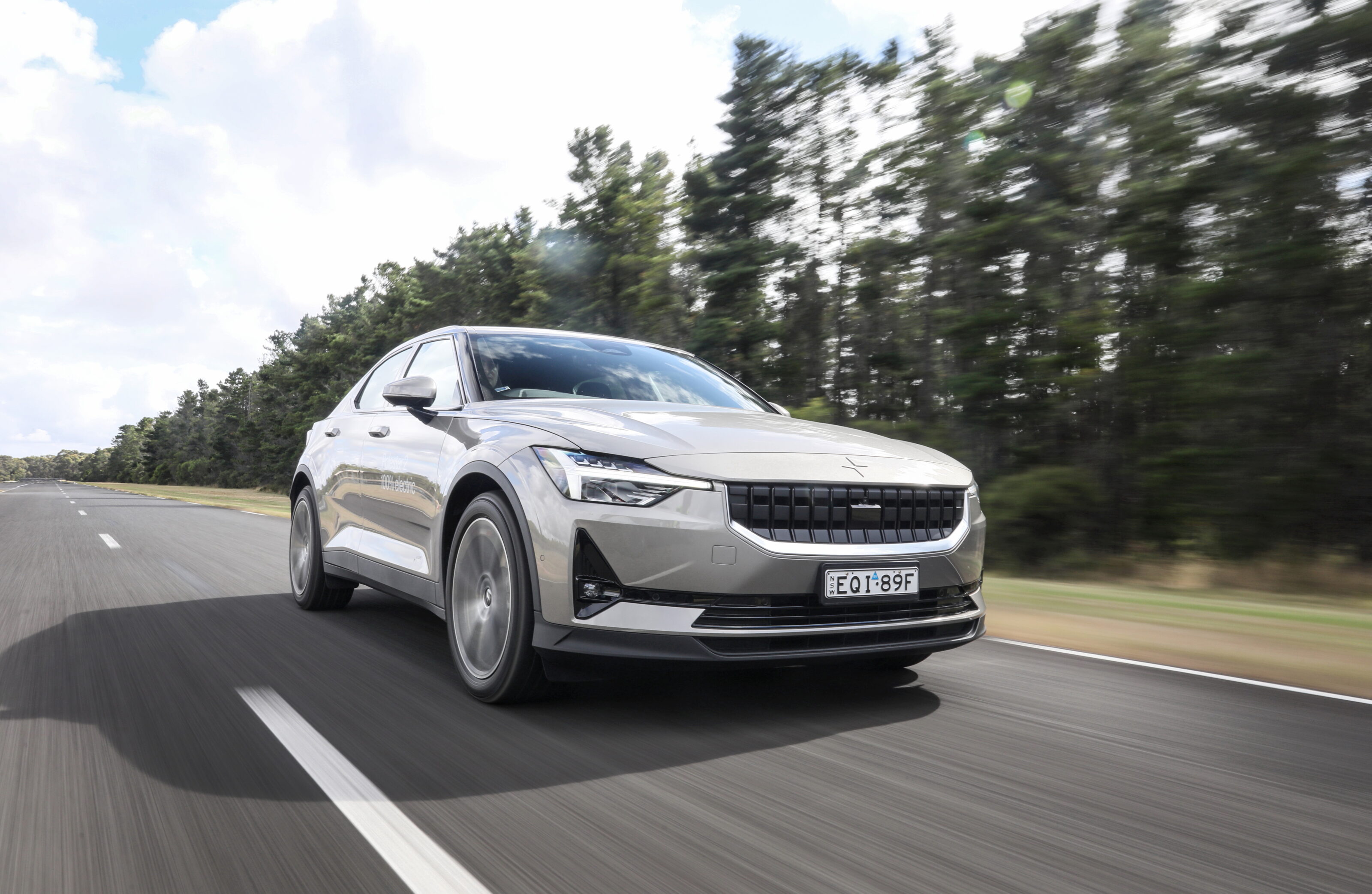
In June, the European Council of Environmental Ministers agreed that by 2035, new cars placed on the EU’s market must be zero-emission vehicles.
Similarly, at COP26 late last year a number of automakers joined the ‘Glasgow Declaration on Zero Emission Cars and Vans’ – a commitment to phase out fossil fuel vehicles between 2035 and 2040.
But Polestar CEO Thomas Ingenlath argues that a global ban on ICE vehicles must come sooner.
“With just 1.5 per cent of the vehicles on the road being electric today, it is clear we are living in an EV bubble, not an EV boom,” he said.
“This decade is the most critical we have ever faced when it comes to not overshooting the Paris agreement. We need governments to lead the charge with robust policies, both on infrastructure and addressing electricity prices so that drivers can confidently go electric, but more importantly, carmakers must act now and not wait for policy changes.”
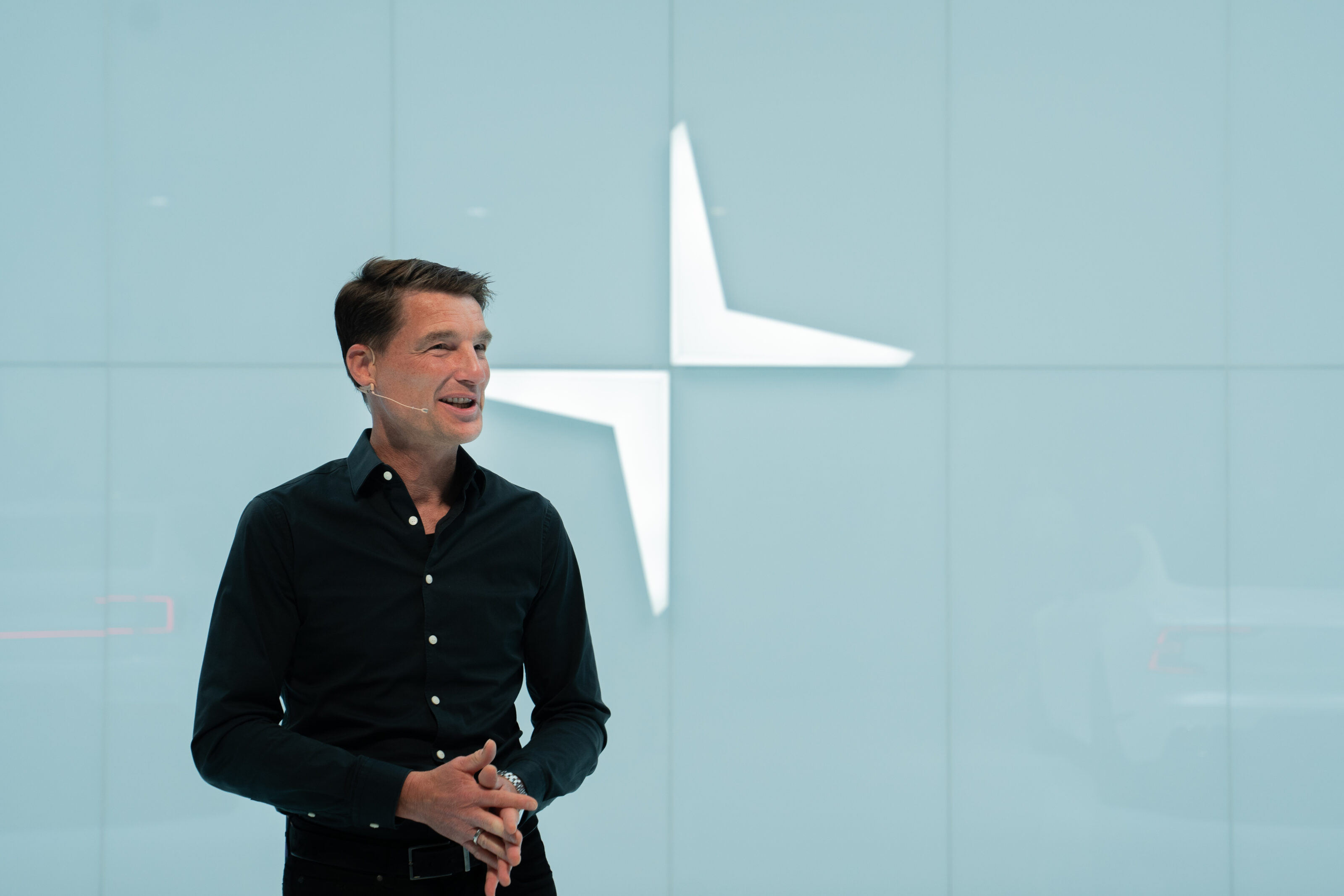
The new study also found that three-quarters of those surveyed believe society needs to consume differently to preserve the climate and the environment for future generations.
“As climate leaders meet this week in New York, and with COP27 around the corner, it is clear there is climate meeting fatigue,” added Ingenlath.
“Companies and consumers can become the antidote to that. While we don’t write the policies, we have the power to act now and drive real change. We have a responsibility, and it is up to us to send a signal and show we’re ready.”
The forgotten buyers
Unlike many overseas markets, particularly Europe and the many heavily-populated urban areas of North America, Australia is a massive island content with a much smaller population spread across distant, smaller capitals – and an even more sparsely populated set of regional cities and towns.
For Australia to entertain the notion of a ban on combustion-engined cars, a federal government brave enough to set a date would likely also need to pour billions into renewable energy and high-speed charging infrastructure along the nation’s many regional roads that most urbanites can barely visualise.
It would also need to pour billions into incentives to make larger EVs more affordable, given most options suited to family needs are currently priced upwards of $60,000.
Any sales ban would likely also need to include a number of caveats to support buyers and businesses in regions until that investment is complete, allowing sales of new combustion-engined models to continue in some areas.


